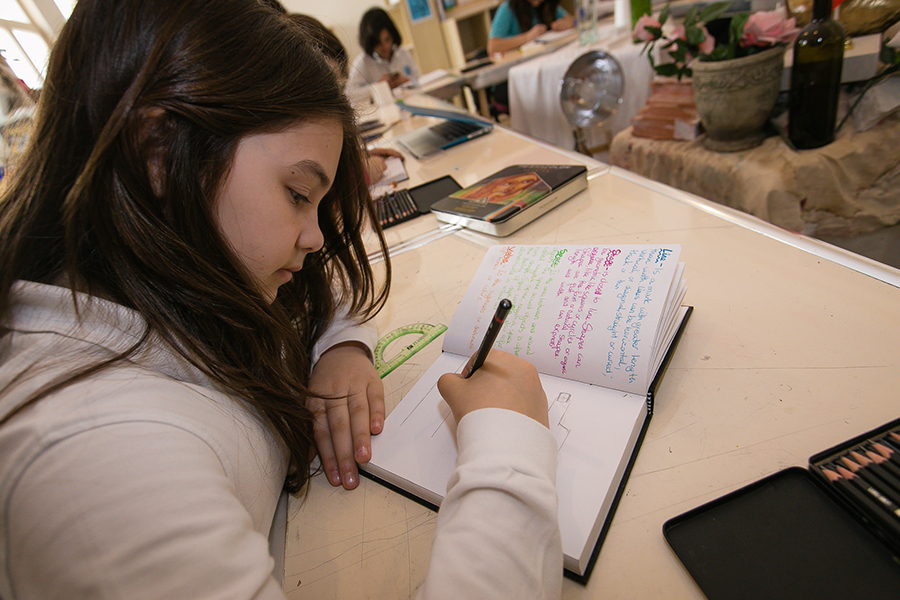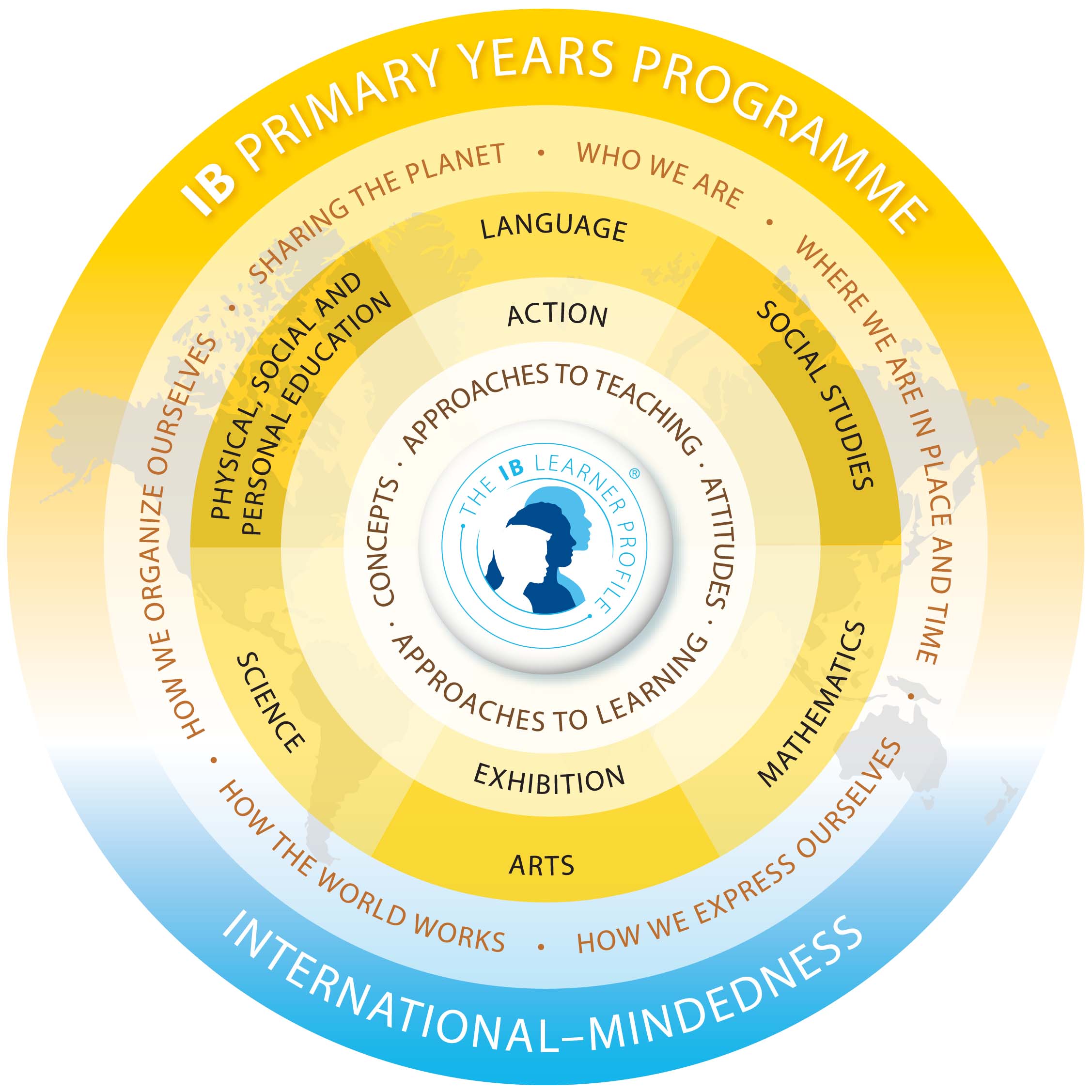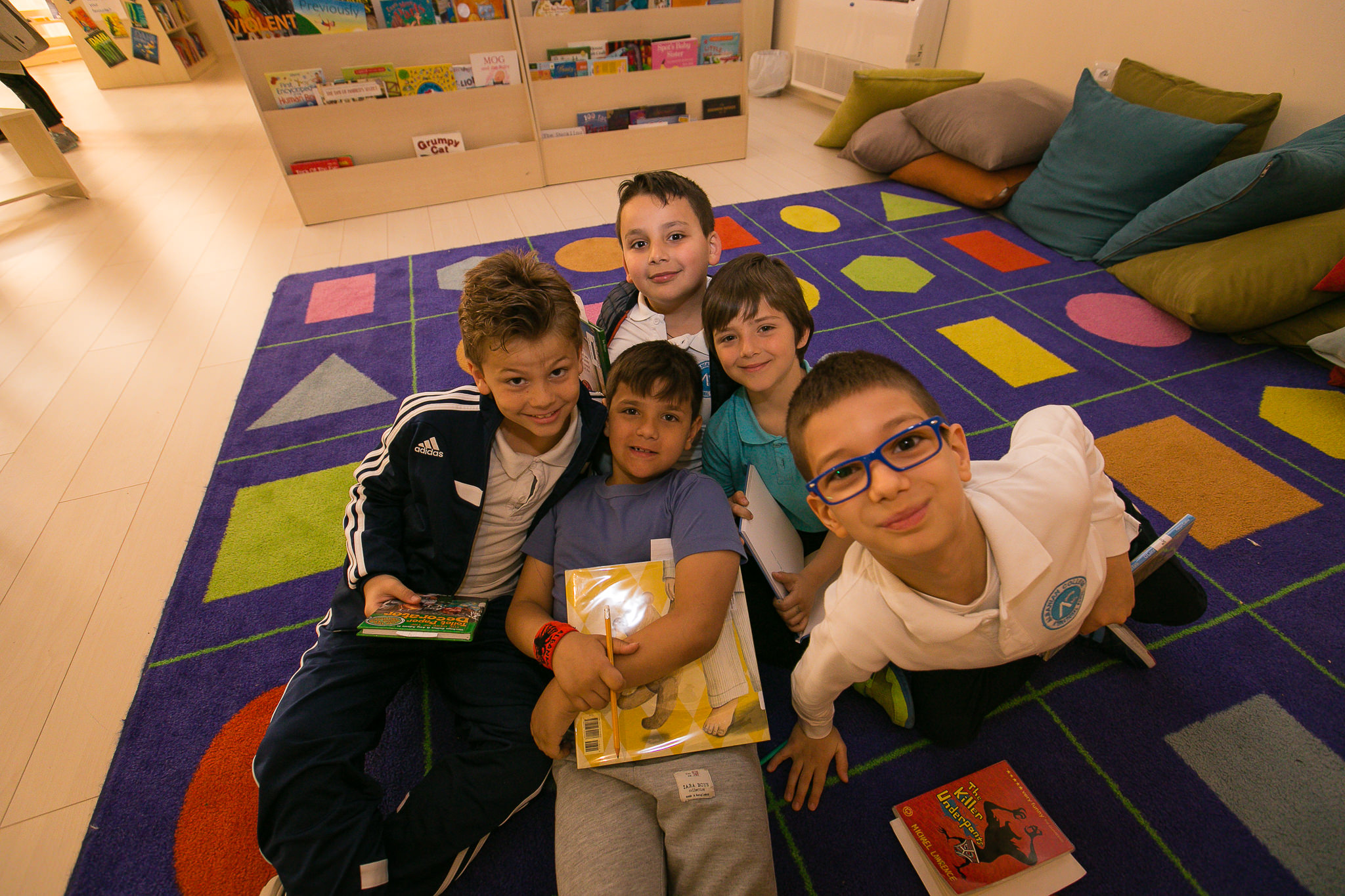PYP Building for the Future

-
The Learner
The International Baccalaureate® (IB) learner profile describes a broad range of human capacities and responsibilities that go beyond academic success. They imply a commitment to help all members of the school community learn to respect themselves, others and the world around them.
-
Learning and TeachingLorem ipsum dolor sit amet timeam deleniti mnesarchum ex sed alii hinc dolores ad cum. Urbanitas similique ex nam paulo temporibus ea vis id odio adhuc nostrum eos.
-
The Learning CommunityLorem ipsum dolor sit amet timeam deleniti mnesarchum ex sed alii hinc dolores ad cum. Urbanitas similique ex nam paulo temporibus ea vis id odio adhuc nostrum eos.
PYP Written Curriculum

-
PYP Written Curriculum
The Written Curriculum of the PYP are made up of the Essential Elements of the programme. The written documentation representing the learning of the programme are primarily found in the Programme of Inquiry (PoI) and the scope and sequence for each of the subjects included in the PYP.
The PoI is a collection of the units taught in each grade level under each of the Transdisciplinary Themes. For EY 1 and 2 this is a minimum of four Units of Inquiry (UoI), including a unit under Who We Are and a unit under How We Express Ourselves. In EY 3 to Grade 5 the requirement of the IB is that there are six units made up of one UoI under each theme.
The Written Curriculum also includes six single subjects; language, mathematics, science, social studies, the arts, and personal, social and physical education. At Albanian College we are using the PYP published scope and sequences as the basis for our written curriculum. These scope and sequence documents give the basic coverage needed and the teachers are working to fill in more specific grade level information for each of the subjects.

-
PYP Action
In the PYP, it is believed that education must extend beyond the intellectual to include not only socially responsible attitudes but also thoughtful and appropriate action. An explicit expectation of the PYP is that successful inquiry will lead to responsible action, initiated by the student as a result of the learning process. This action will extend the student’s learning, or it may have a wider social impact, and will clearly look different within each age range. PYP schools can and should meet the challenge of offering all learners the opportunity and the power to choose to act; to decide on their actions; and to reflect on these actions in order to make a difference in and to the world
PYP Concepts
-
PYP Concepts
The PYP promotes the use of concepts to create a concept-driven curriculum. Content is also important, but the use of concepts helps students to learn at a deeper level. Students use concepts to make connections. Concepts help in the structuring of inquiry and can be used a lense to go deeper into the learning and understanding as they allow for more open-ended questioning. They are ideal in an international programme as they are timeless, universal, abstract, can be captured in one or two words and they can share common attributes.
The PYP includes two types of concepts; the key concepts and related concepts. Key concepts are broader and more transdsciplinary in nature, while related concepts are more subject specific.
Key Concept Key Question Related Concept Examples Form What is it like? Properties, structure, pattern Function How does it work? Behaviour, roles, systems Causation Why is it like it is? Consequences, sequences,impact Change How is it changing? Adaptation, growth, cycles, transformation Connection How is it connected to other things? Relationships, networks, homeostasis Perspective What are the points of view? Subjectivity, truth, beliefs, opinion, prejudice Responsibility What is our responsibility? Rights, citizenship, values, justice, initiative

PYP Transdisciplinary Themes
-
PYP Transdisciplinary Themes
In the PYP as much teaching and learning as possible takes place within the Units of Inquiry. Most of language, as well as all of science and social studies teaching and learning are taught within the Transdisciplinary Themes / Global Contexts
-
Global Contexts
Who We Are An inquiry into the nature of the self; beliefs and values; personal, physical, mental, social and spiritual health; human relationships including families, friends, communities, and cultures; rights and responsibilities; what it means to be human. Where We Are in Place and Time An inquiry into orientation in place and time; personal histories; homes and journeys; the discoveries, explorations and migrations of humankind; the relationships between and the interconnectedness of individuals and civilizations, from local and global perspectives. How We Express Ourselves An inquiry into the ways in which we discover and express ideas, feelings, nature, culture, beliefs and values; the ways in which we reflect on, extend and enjoy our creativity; our appreciation of the aesthetic. How the World Works An inquiry into the natural world and its laws; the interaction between the natural world (physical and biological) and human societies; how humans use their understanding of scientific principles; the impact of scientific and technological advances on society and on the environment. How We Organize Ourselves An inquiry into the interconnectedness of human-made systems and communities; the structure and function of organizations; societal decision-making; economic activities and their impact on humankind and the environment. Sharing the Planet An inquiry into rights and responsibilities in the struggle to share finite resources with other people and with other living things; communities and the relationships within and between them; access to equal opportunities; peace and conflict resolution.



ACADEMICS
APPLY NOW
GUIDANCE
PROGRAMMES
MANAGEMENT PORTALS
CONTACT US
GOOGLE MAP
+355 52 200 171
info@acdurres.edu.al
